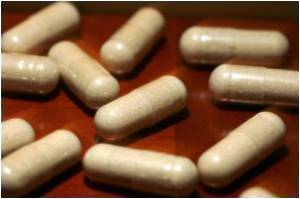Researchers at Rensselaer Polytechnic Institute have made a nanoscale coating for surgical equipment, which removes methicillin resistant Staphylococcus aureus (MRSA).

"Here we have a system where the surface contains an enzyme that is safe to handle, doesn't appear to lead to resistance, doesn't leach into the environment, and doesn't clog up with cell debris. The MRSA bacteria come in contact with the surface, and they're killed," said Jonathan S. Dordick.
In tests, 100 percent of MRSA in solution were killed within 20 minutes of contact with a surface painted with latex paint laced with the coating.
Unlike other antimicrobial coatings, it is toxic only to MRSA, does not rely on antibiotics, and does not leach chemicals into the environment or become clogged over time.
It can be washed repeatedly without losing effectiveness and has a dry storage shelf life of up to six months.
"We asked ourselves - were there examples in nature where enzymes can be exploited that have activity against bacteria?" Dordick said.
Advertisement
"Lysostaphin has evolved over hundreds of millions of years to be very difficult for Staphylococcus aureus to resist," Ravi Kane said.
Advertisement
The research has been published in the July edition of the journal ACS Nano.
Source-ANI










